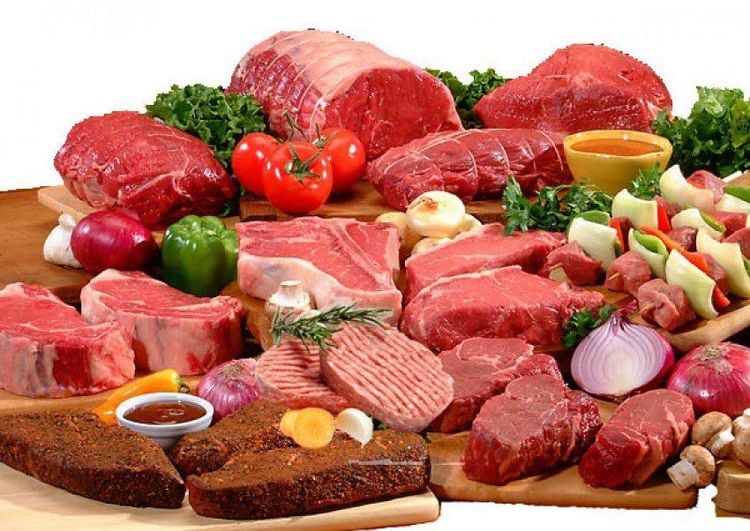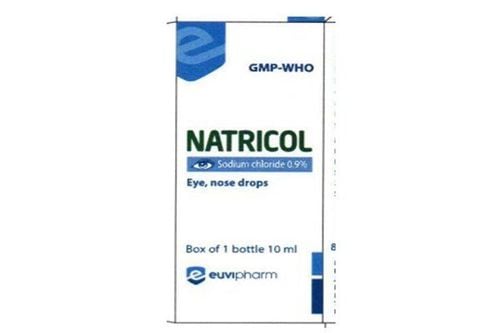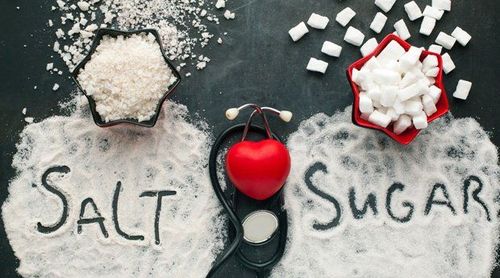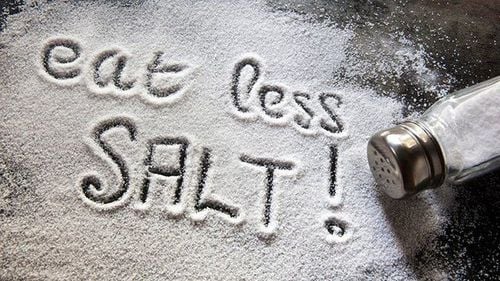This is an automatically translated article.
The first two years of life are a particularly important period in a child's life with changes and development in both physical, mental, eating habits, intelligence,... So parents need to update the appropriate nutritional knowledge to be able to take care of children in the best way. One of the most frequently asked questions of parents is whether to give salt to children under 1 year old.
1. How does salt affect children?
Salt consists of mainly sodium and chloride components, which play an important role in balancing the body's fluids as well as affecting the existence and normal functioning of all cells and organs in the body. body.
However, in reality, infants and young children only need very small amounts of salt in their diets, and this amount of salt can already be included in household foods such as bread, baked beans, cookies. Therefore, it is easy for children to eat more than the right amount of salt.
The number of taste receptors of children is much larger than that of adults, so children are easier to receive strong and faster stimuli than adults. The use of salt is suitable for adult taste but will be too salty for children, accompanied by some negative effects including:
Children eating salty will create an acidic environment while milk has Calcium is a causative factor. When the body's homeostasis is acidified, it will excrete more sodium in the urine, making the urine acidic, which will prompt the body to take calcium to neutralize the acidity in the urine, keeping the balance in balance. by homeostasis to maintain the stability of the environment in the body, but causes calcium deficiency in children. Salt intake is also related to osmotic pressure in the blood vessels, which causes hypertension. The kidneys of a child under 1 year of age only have a filtration rate of 1/3 of an adult's, while salt being filtered through the kidneys will make the child's body unresponsive, which can lead to kidney damage and long-term other chronic diseases such as: heart rate, blood pressure.

2. How much salt is enough for children under 2 years old?
Depending on the stage, the amount of salt provided for children is different. According to the recommendation of the Ministry of Health, the salt needs for young children are regulated as follows:Group 0-5 months: 0.3g salt/day (or 100mg sodium/day); Group 6-11 months old: 1.5g salt/day (or 600mg sodium/day); 1-2 years old group: 2.3g salt/day (or less than 900mg sodium/day).

However, the amount of salt in natural foods such as rice, corn, meat, ... already has a certain sodium content enough for the child's needs, for example milk has about 240 mg sodium/L or 75 mg of sodium per bowl of baby powder. Therefore, for children under 1 year of age, parents should only give them regular foods without salt, to avoid leading to excess sodium.
See more articles: How much salt do children eat each day?
Trắc nghiệm: các chỉ số cần chú ý về sự phát triển thể chất của trẻ
Chiều cao, cân nặng của bé ở từng giai đoạn nên là bao nhiêu là bình thường, bao nhiêu là bất thường? Cùng ThS.BS Ma Văn Thấm điểm lại xem bạn đã nắm được các chỉ số phát triển thể chất của bé chưa nhé!The following content is prepared under supervision of Thạc sĩ, Bác sĩ y khoa, Ma Văn Thấm , Nhi , Phòng khám Đa khoa Quốc tế Vinmec Dương Đông(Phú Quốc)
3. Methods to avoid giving children too much salt
Breastfed babies have received the necessary amount of salt, similarly infant formula also contains enough salt for the baby's needs, so there is no need to add it from another source. When your baby starts solids, don't add salt to food or give baby foods that are not specifically made for babies like breakfast cereals, as they can contain high concentrations of salt. See more articles: Do you need salt to cook baby food?
Check the nutrition facts of the food before you buy it, foods that contain more than 0.6 g of sodium per 100 g are considered high in salt. The amount of salt in food can be calculated by converting it through sodium content, with each 1g of sodium in 100g of food corresponding to 2.5g of salt. Avoid giving your child junk foods like chips and cookies and replace them with low-salt snacks, dried fruit, stick or chopped vegetables to diversify your child's meals MORE:
Salt: How much is enough per day? Signs that the body is having too much salt How harmful is it to eat salty food? Change your salty eating habits today














